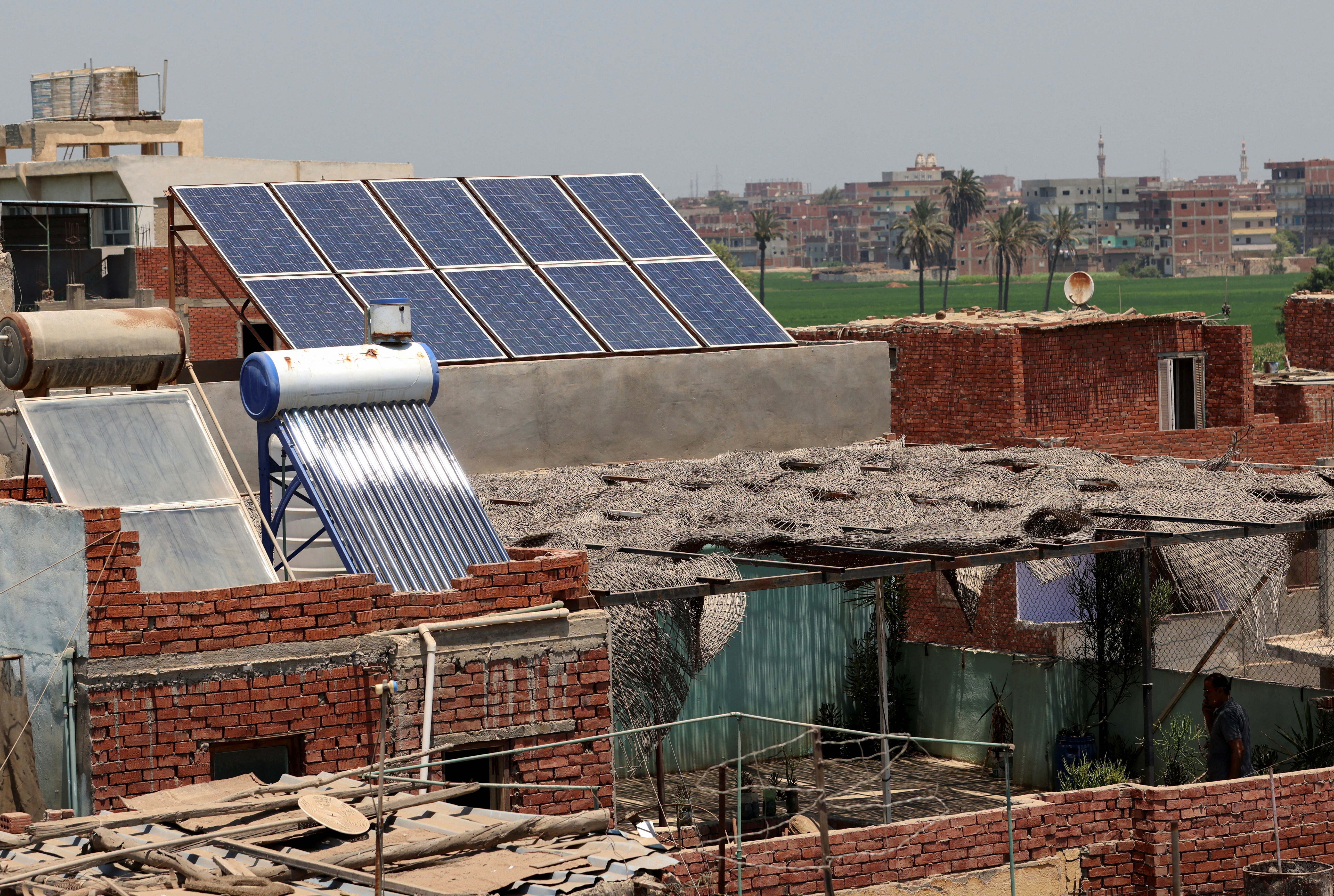How financially literate is your country?
Stay up to date:
Financial and Monetary Systems
This article is published in collaboration with Business Insider.
A major survey on financial literacy has just been published, and the results are terrible.
McGraw Hill Financial (which owns S&P), the World Bank, and Gallup have produced the S&P Global Financial Literacy Survey, which attempted to get an idea of how financially literate the world is by polling 150,000 adults in more than 140 countries.
The group defined financial literacy as the ability to answer three of four really simple questions about inflation, risk, and interest. Take a look.
One of the easiest questions on the test is about interest. There is no compounding involved, and the numbers themselves aren’t at all complicated. Here it is:
“Suppose you need to borrow 100 (country currency). Which is the lower amount to pay back: 105 (country currency) or 100 (country currency) plus 3%?”
It’s a bit terrifying that only 49% of the people polled around the world could answer* that question. The country results ranged hugely. Just 16% of respondents in Yemen answered the question correctly, in comparison to 79% in Turkmenistan.
Even once the poorest parts of the world are excluded from the test and only OECD-member rich countries are included, the proportion getting the answer right rises to just 59%.
Only a third of those surveyed could get three out of four of the questions correct, giving the world a financial-literacy rating of just 33%. Again, when that’s using only the OECD countries, it rises to 53%, but it’s still pretty depressing.
Here’s how the global variation looks:
S&P Global FinLit Survey
*ANSWER: The lower amount to pay back is 100 +3%. Since the original loan was 100 units of whatever currency, 3% means you’d be paying back 103, rather than 105.
Publication does not imply endorsement of views by the World Economic Forum.
To keep up with the Agenda subscribe to our weekly newsletter.
Author: Mike Bird is a European markets editor
Image: A street sign for Wall Street hangs in front of the New York Stock Exchange. REUTERS/Lucas Jackson.
Don't miss any update on this topic
Create a free account and access your personalized content collection with our latest publications and analyses.
License and Republishing
World Economic Forum articles may be republished in accordance with the Creative Commons Attribution-NonCommercial-NoDerivatives 4.0 International Public License, and in accordance with our Terms of Use.
The views expressed in this article are those of the author alone and not the World Economic Forum.
Forum Stories newsletter
Bringing you weekly curated insights and analysis on the global issues that matter.
More on Economic GrowthSee all
Jake Yu
November 10, 2025
Marco Lambertini and Marcelo Bicalho Behar
November 6, 2025
Souleymane Ba and Nakul Zaveri
November 4, 2025
Aimée Dushime
November 4, 2025
Junpei Guo
October 30, 2025
Dylan Reim
October 29, 2025




